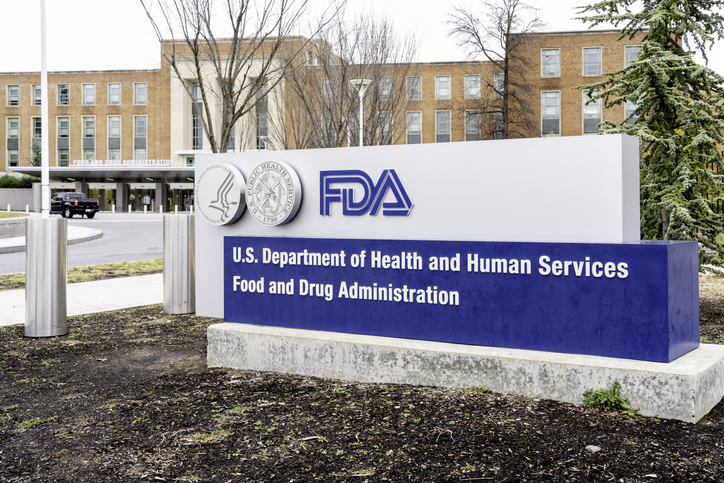Living with Chronic Pain
Overview of the U.S. Food and Drug Administration (FDA)

The U.S. Food and Drug Administration (FDA) is part of the U.S. Department of Health and Human Services. It is the oldest comprehensive consumer protection agency in the U.S. federal government.
The U.S. government began monitoring the safety of agricultural products in 1848. In 1862, the responsibility was given to the Department of Agriculture. Movement toward the modern-day FDA continued in 1906 when the Pure Food and Drugs Act was passed. This act was created in response to decades of sales of adulterated or mislabeled food and drugs. Responsibility for enforcement of the law was given to the Bureau of Chemistry in the Department of Agriculture which was renamed as the Food and Drug Administration in 1930.
Today, the FDA is part of the U.S. Department of Health and Human Services. Its primary goal is to protect public health. It ensures that foods (except meat, poultry and some egg products which are regulated by the Food Safety and Inspection Service, part of the U.S. Department of Agriculture) are safe to eat and properly labeled. It also ensures that medications, vaccines, medical devices, veterinary drugs and animal feed are safe and effective.
New medical interventions, such as drugs and vaccines, must be approved by the FDA before they can be sold to consumers. Approval is based on safety and effectiveness demonstrated through laboratory and animal testing and human clinical trials. New food additives must be tested for safety and approved before they can be marketed as well. Other substances that must receive FDA approval include color additives in cosmetics, veterinary medications and food additives in animal feed.
The FDA not only approves certain consumer products, they also regulate many more. Even when FDA approval is not required for a consumer product, the agency has regulatory authority to intervene when safety issues with a product arises. These items include tobacco products, cosmetics, infant formula, dietary supplements and some medical devices. In these ways and many more, the FDA is responsible for protecting public health.


















